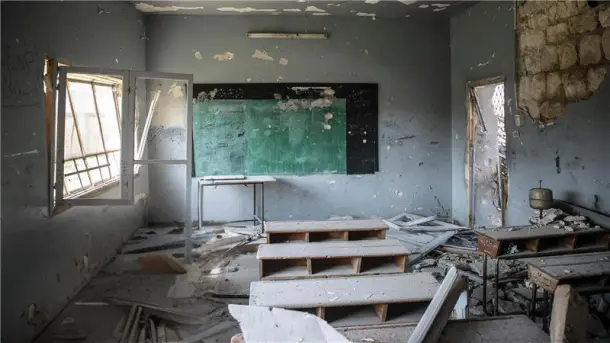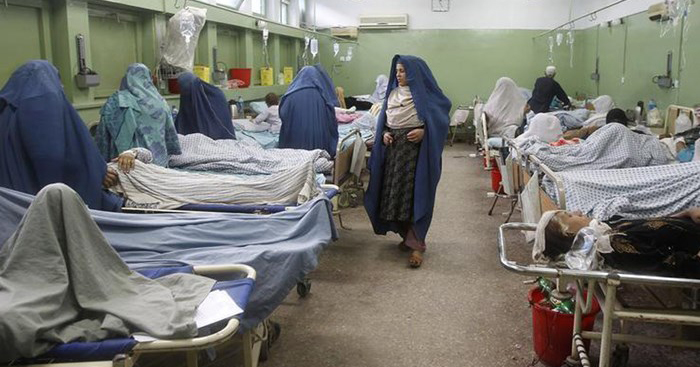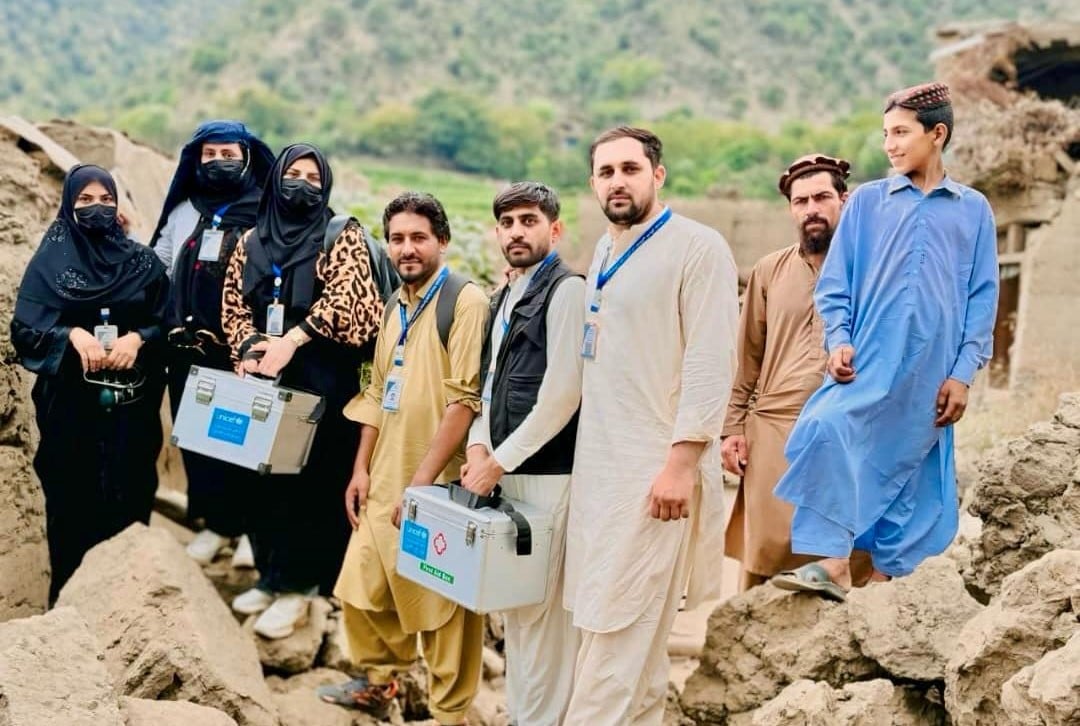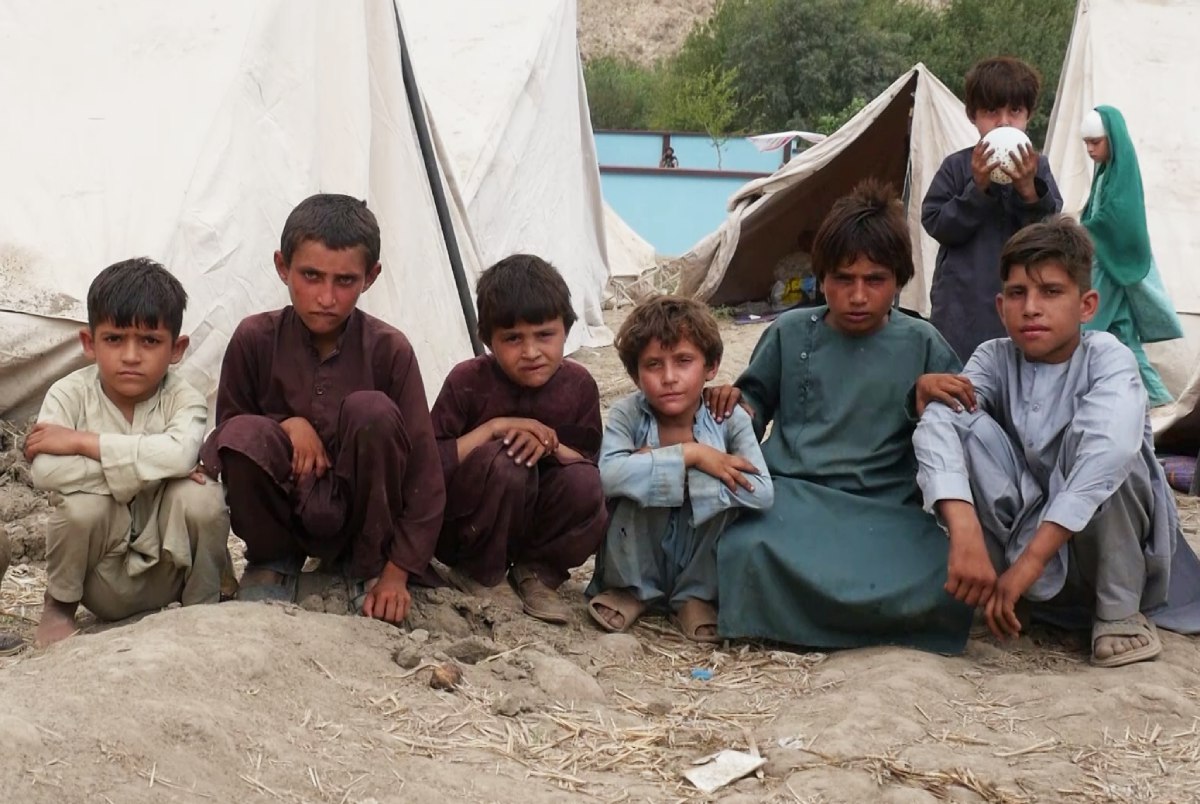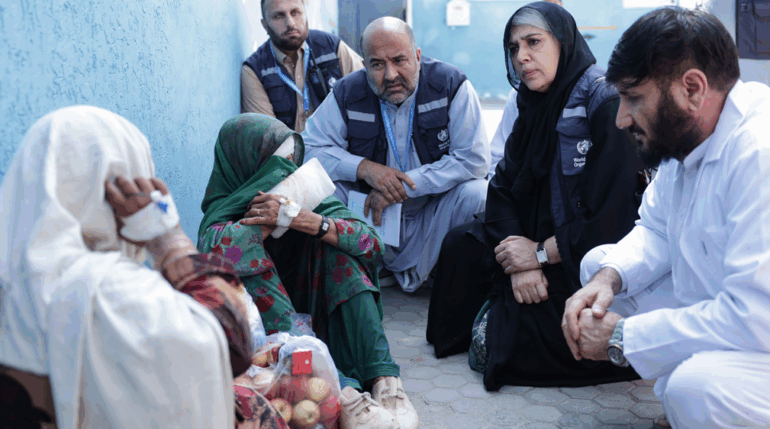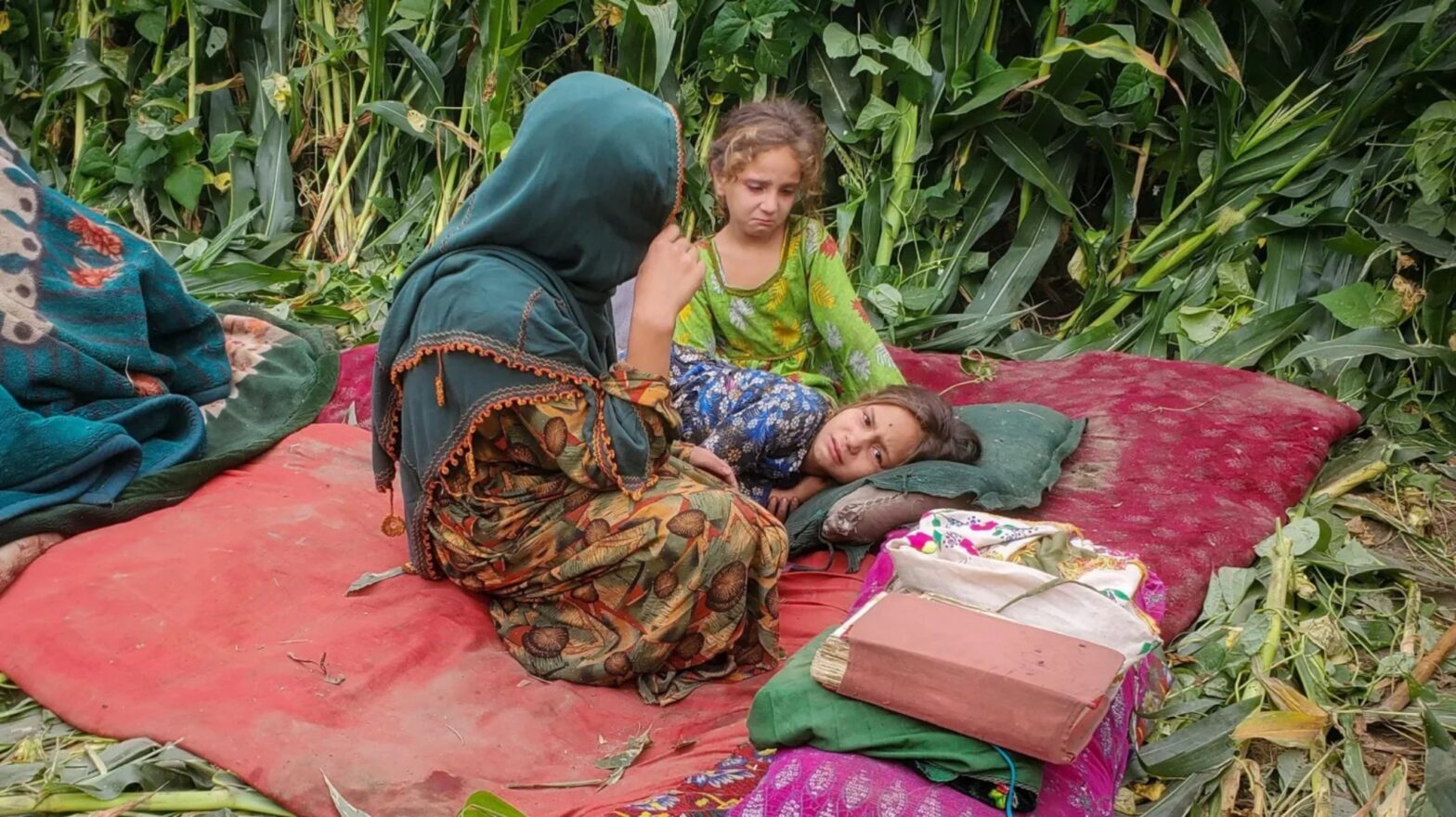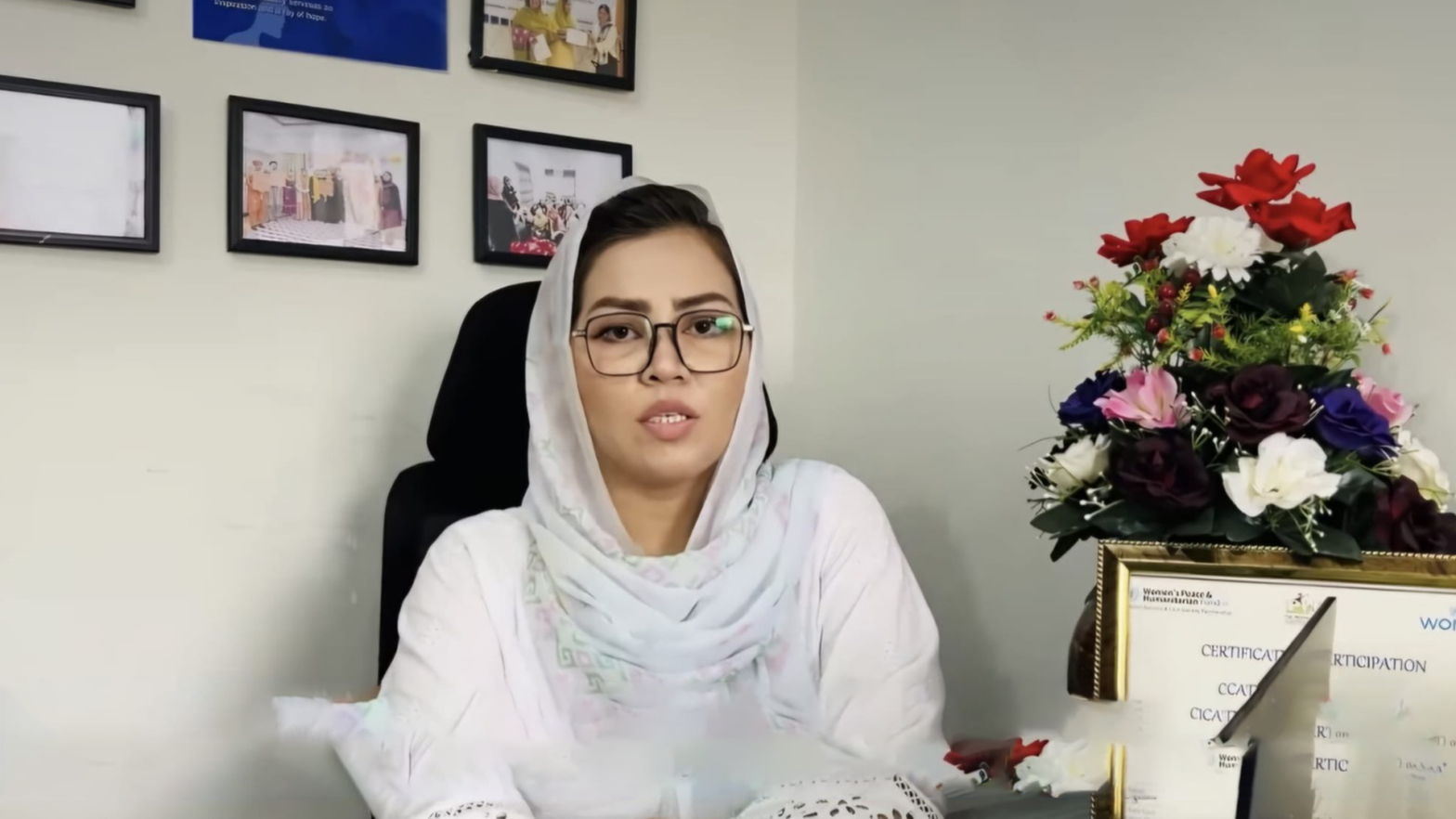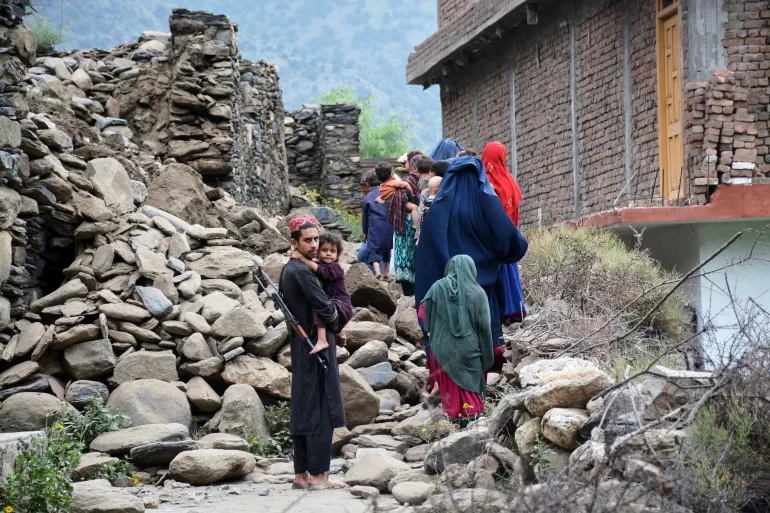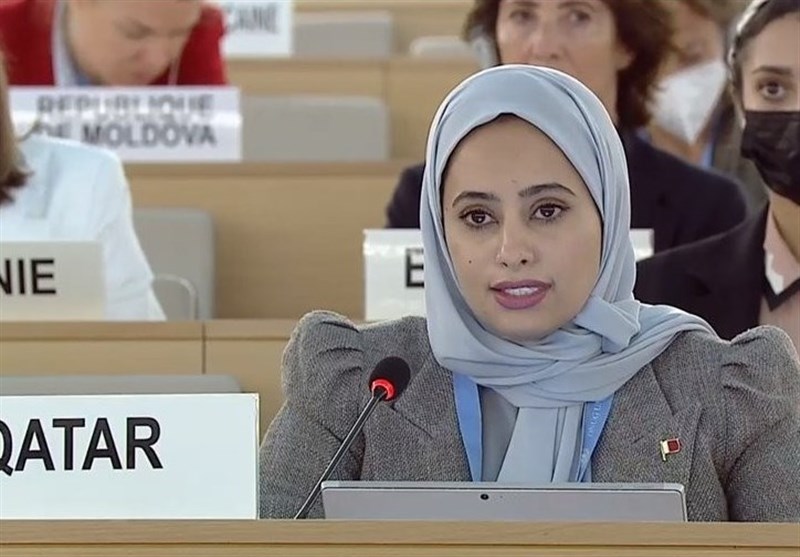
Jawhara bint Abdulaziz Al-Suwaidi, Deputy Permanent Representative of Qatar in Geneva, stated that guaranteeing women’s right to education and employment should be considered a fundamental part of Afghanistan’s future and must remain a focus of the international community. She made these remarks at the session of the UN Human Rights Council in Geneva, noting that Afghanistan is facing numerous challenges, including economic crisis, unemployment, rising humanitarian needs, poverty, food insecurity, climate change, ongoing sanctions, and the return of millions of migrants. Al-Suwaidi further emphasized that the international community must continue supporting the rebuilding of Afghan institutions, delivering humanitarian assistance, and maintaining dialogue with all Afghan parties to create the conditions necessary for peace and Afghanistan’s reintegration into the international community. She added that in its dialogue with Afghan parties, Qatar has consistently highlighted human rights, stressing women’s participation, their right to education and work, and the protection of the rights of all segments of Afghan society. It is worth noting that following the return of the caretaker government to power, girls have been banned from attending secondary schools and high schools. Moreover, the current authorities have excluded women from most areas of employment—particularly in government offices and NGOs—while imposing broad restrictions on their participation in the labor market, measures that have drawn sharp criticism from the international community. As a result, millions of schoolgirls have been deprived of education. In addition, women have been banned from going to gyms, restaurants, public baths, being examined by male doctors, traveling without a male guardian, and working with local and international NGOs as well as UN offices in Afghanistan.

